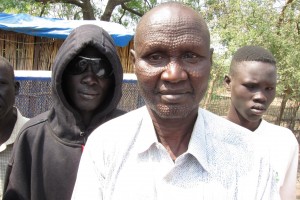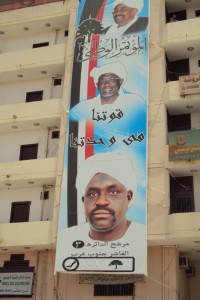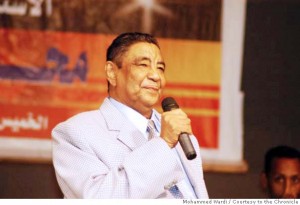 In just eight days a new country, the Republic of South Sudan, will be born. It’s a huge step – but not the last step – in a 55-years-and-counting struggle for dignity and self-determination.
In just eight days a new country, the Republic of South Sudan, will be born. It’s a huge step – but not the last step – in a 55-years-and-counting struggle for dignity and self-determination.
The south’s departure from Sudan has been as troubled as its union, with the recent fighting in Southern Kordofan and Abyei, as well as continuing insurgencies by southern renegades including George Athor and Peter Gadet. The Lord’s Resistance Army, too, remains active in the western part of the new country.
These are only the most obvious and immediate challenges faced by the southern people. Southern Sudan’s leaders, its people, and its nascent institutions will have to struggle mightily to prevent their new state from resembling the old Sudan in its approach to human rights, inclusivity, opportunity, and rule of law.
None of this should take away from the gigantic achievement that southern Independence represents. Millions died and millions more were made homeless, and endured famine, captivity and fear to get to July 9: A delicious and hugely challenging Year One. Democracy entails the right of the people and their representatives to make mistakes, to take responsibility for those errors (to “own” them, in the current parlance) and make corrections. It won’t be at all easy. But it’s a great, historic moment.
On July 5, Penguin Books will publish Revolution on the Nile, my new Afterword to The Black Nile, as an “e-special” available on the Kindle, the Nook, and Apple’s iPad, iPhone, and iTouch, as well as other e-readers. Revolution on the Nile updates The Black Nile with an account of south Sudan’s January freedom referendum, squashed attempts at public protest in northern Sudan, and the electrifying revolt against Hosni Mubarak in Egypt.
Continue reading “Revolution on the Nile”





 In a rare spot of good news to come out of Sudan’s elections, it appears the former rebels of the Sudan People’s Liberation Movement have won the governorship of Blue Nile state. That is to say, the southern rebels, competing in a rigged election, were victorious in a northern state .
In a rare spot of good news to come out of Sudan’s elections, it appears the former rebels of the Sudan People’s Liberation Movement have won the governorship of Blue Nile state. That is to say, the southern rebels, competing in a rigged election, were victorious in a northern state .